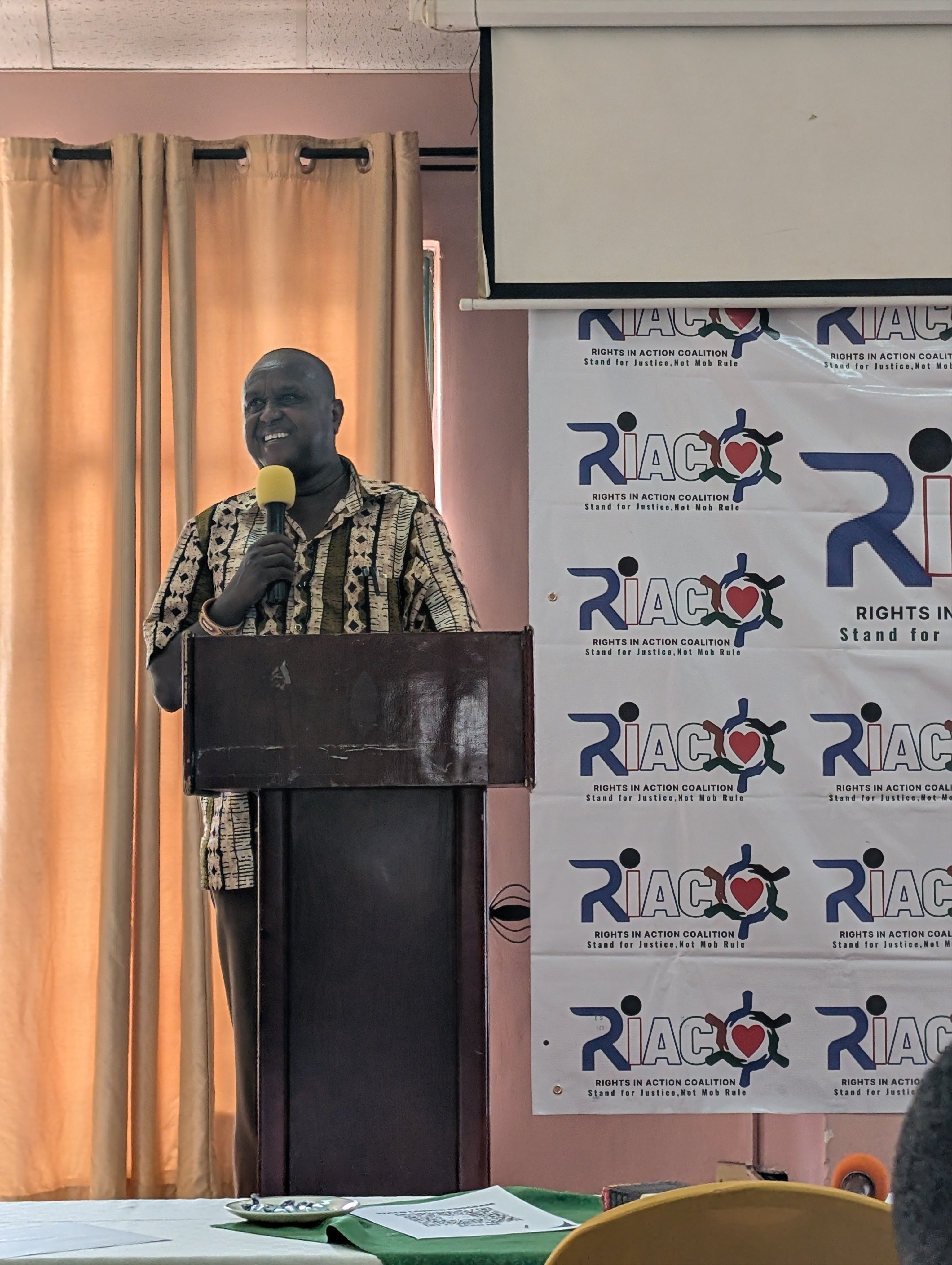Mob Justice
Prevalence and impact of mob justice in kenya
The scourge of mob justice casts a long shadow across Kenya, leaving a trail of devastation in its wake. While precise, nationwide statistics on mob justice incidents are difficult to obtain, numerous studies and reports paint a grim picture. A 2013 study by the Kenya National Commission on Human Rights (KNCHR) found that mob justice incidents were widespread, with victims often subjected to brutal violence, including stoning, burning, and beatings.
The human cost of mob justice is immeasurable. Families are torn apart, lives are lost, and communities are scarred by the trauma and violence. Beyond the immediate loss of life, mob justice has profound social and economic consequences. It erodes trust in the justice system, fuels cycles of violence, and undermines the rule of law.
Several factors contribute to the prevalence of mob justice in Kenya. Poverty, inequality, and lack of access to justice are significant drivers. When people feel marginalized and disenfranchised, they may resort to extrajudicial means to seek justice. Corruption within the justice system further exacerbates the problem, as individuals may lose faith in the ability of the courts to deliver fair and impartial justice.

Furthermore, weak law enforcement and a lack of community trust in law enforcement agencies can contribute to the rise of mob justice. When people believe that the police are ineffective or corrupt, they may be more likely to take matters into their own hands. Additionally, cultural factors, such as a strong emphasis on collective responsibility and a lack of awareness of human rights, can also play a role.
Addressing the root causes of mob justice requires a multi-pronged approach. This includes strengthening the justice system, improving access to justice for all, and promoting community-based initiatives that foster dialogue, understanding, and respect for human rights. By working together, we can create a society where justice prevails, and every individual has the right to a safe and dignified life.
